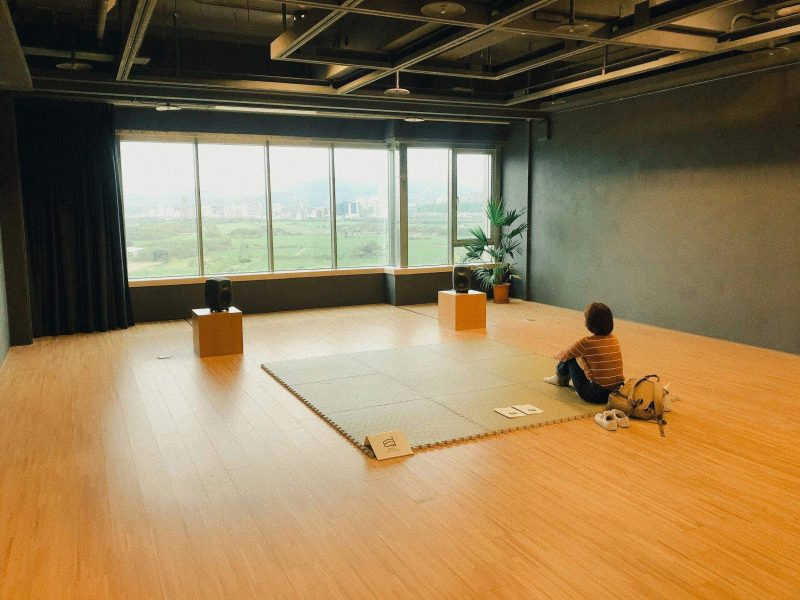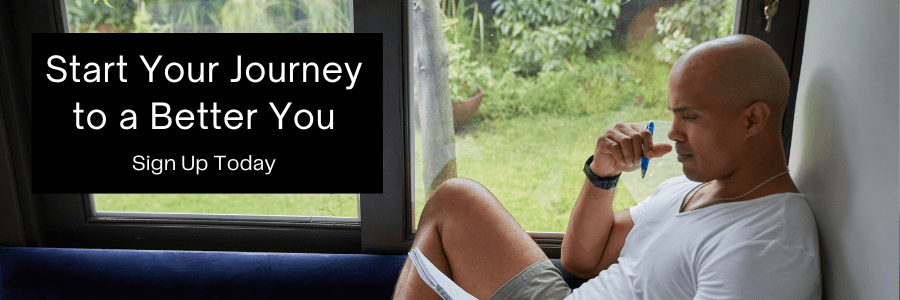Understanding Self-Reflection, Answers to What, Why and How
Self-reflection is a path to personal growth
What is Self-Reflection?
Self-reflection is like holding up a mirror to your thoughts, feelings, and actions. It’s about taking a step back and asking yourself, “What am I really thinking or feeling right now?“
This process is all about understanding yourself better, helping you grow, and making better decisions. Just like we learn from our mistakes, self-reflection helps us learn from our daily experiences.
It’s a skill that starts early in life and keeps developing as we grow older.
Examples of Self-Reflection Techniques
There are many ways to practice self-reflection. Here are a few examples:
Journaling
Writing down your thoughts and experiences can give you a clear picture of your inner world. It’s like capturing a moment in time, preserving your emotions and insights.
Talking with Friends
Sometimes, discussing your thoughts with someone you trust can open up new perspectives. You might discover things about yourself that you hadn’t noticed before.
Mindfulness
This is about being present and observing your thoughts without judgment. It’s a way to become more aware of your mental and emotional state.
Creative Expression
Whether it’s through art, music, or writing, expressing yourself creatively can be a powerful way to reflect on your feelings and experiences.
Spending Time Alone
Solitude can bring clarity. Going for a walk without any distractions can help you tune into your thoughts and emotions.
Why is Self-Reflection Important?
It is important because it helps you understand who you are. It’s like looking at a map before starting a journey—you need to know where you are before you can decide where to go. By reflecting on your actions and thoughts, you can ensure that what you do aligns with your values. This leads to emotional stability and better self-control.
For instance, if you find yourself unhappy at work, instead of asking, “Why am I still here?” you could ask, “What exactly is making me unhappy, and what can I do to change it?” This shift in thinking can lead to more productive outcomes.
How to Practice Self-Reflection?
It is not about being harsh on yourself. It’s about being honest and kind at the same time. Here are some tips:
Be Consistent
Make self-reflection a regular habit. The more you practice, the better you’ll get at it.
Show Compassion
Be gentle with yourself. The goal is to understand and improve, not to criticize.
Be Disciplined
Set aside time for reflection, just like you would for any other important activity. This helps in making self-reflection a part of your daily routine.
Stay Non-Judgmental
Try to observe your thoughts and actions without labeling them as good or bad. This neutral perspective helps in reducing self-criticism.
Benefits of Self-Reflection
Self-reflection can positively impact various areas of your life:
Relationships
Whether it’s with friends, family, or a partner, self-reflection can improve communication and deepen understanding.
Parenting
Reflecting on your behavior can help you become a more patient and effective parent.
Professional Development
At work, self-reflection can lead to better decision-making and increased accountability.
A Simple Guide to Self-Reflection
Here’s a straightforward approach to get started with self-reflection:
Set Your Intention
Decide what you want to reflect on. It could be anything from how you handled a situation at work to how you’re feeling about a relationship.
Use Available Time
You don’t need to set aside hours. Even a few minutes while waiting in line or commuting can be enough.
Ask Big Questions
Challenge yourself with questions like, “What do I really want in life?” or “How can I improve my relationships?”
Write Down Insights
Whenever you have an “aha” moment, jot it down. This will help you remember and build on your reflections.
Repeat the Process
Make self-reflection a regular habit. The more you do it, the more benefits you’ll see.
Self-reflection is like having a conversation with yourself. It’s a way to check in on how you’re doing and make sure you’re on the right path. By understanding yourself better, you can live a more fulfilling and authentic life. Remember, it’s a skill that improves with practice, so start small and stay consistent.
Join the journey of self-awareness and personal growth. You’ll find more insights, practical tips, and inspiring stories to help you on your path to a better, more mindful life.
Subscribe to our paid membership today and start reflecting on the best version of yourself!









